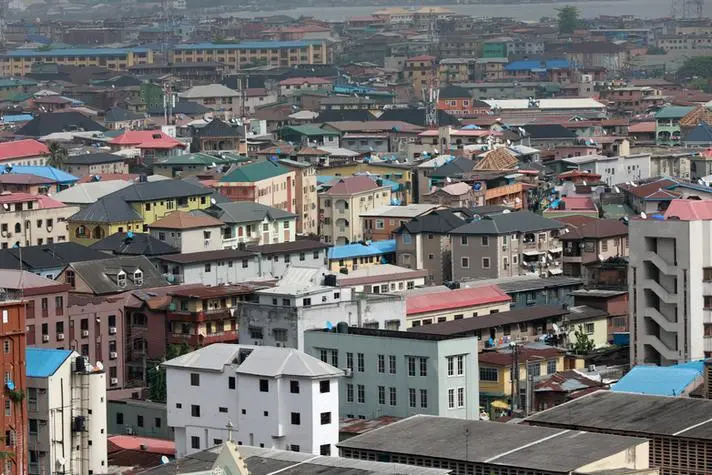PHOTO
(The author is a Reuters Breakingviews columnist. The opinions expressed are his own.)
LONDON - In Nigeria, only one of death and taxes is certain. Growing international pressure to fight climate change means Africa’s biggest economy needs to wean itself off its unhealthy reliance on oil receipts. Ad hoc targeting of foreign companies is a ham-fisted way of tapping alternative sources of revenue.
The latest victim of Abuja’s scattergun approach to corporate taxation is South Africa’s MultiChoice. Nigeria’s tax collection office says the pay-TV business owes $4.4 billion in unpaid dues, nearly a third more than the company’s value on the Johannesburg Stock Exchange. Fortunately for MultiChoice shareholders, only a fraction of the initial demand will probably have to be paid.
Judging from the company’s 7% share price drop, investors are braced for a penalty in the region of $260 million, 94% less than Nigeria is demanding. Even that might be an overestimate. A $2 billion tax bill levelled against South African mobile phone giant MTN in 2019 came to literally nothing a year later. And the $8 billion that the central bank demanded from the same telecommunications company for supposedly illegally repatriated dividends became a $53 million wrist slap.
Such missteps hurt the credibility of the Nigerian authorities. Companies and individuals will naturally assume tax bills are either negotiable or avoidable. Nor does it enhance the credentials of Africa’s most populous nation as an investment destination. At the height of its dispute, MTN even threatened to pack up and go home. Fear of being randomly targeted may deter foreign companies from setting up shop there in the first place.
That would undermine President Muhammadu Buhari’s efforts to wean the $500 billion economy off oil, historically the source of 90% of foreign exchange and two-thirds of government receipts. Such bounties mean Nigeria’s leaders never bothered to build an alternative revenue base. Tax receipts, at around 6% of GDP, are among the lowest in the world, with companies bearing an unusually large 50% of that burden. The average in the rest of Africa is 19%.
With global oil demand set to plummet by 2050, Nigeria will have a big gap in its coffers to plug. But randomly targeting companies is short-sighted. Boosting VAT receipts or adding consumer levies on things like mobile phone airtime may be politically unpopular but will both raise more revenue and be less damaging to Nigeria’s economy.
CONTEXT NEWS
- Nigeria’s revenue service said on July 8 it had instructed banks to freeze the accounts of South African pay-television group MultiChoice to recover $4.4 billion in unpaid taxes.
- MultiChoice said it had not been formally notified of the freeze and said the case appeared to be based on unfounded allegations about its subscriber base.
- The company said it had engaged with the authorities in a constructive manner and hoped to resolve the issue amicably.
(The author is a Reuters Breakingviews columnist. The opinions expressed are his own.)
(Editing by Swaha Pattanaik and Karen Kwok) ((SIGN UP FOR BREAKINGVIEWS EMAIL ALERTS http://bit.ly/BVsubscribe | ed.cropley@thomsonreuters.com; Reuters Messaging: ed.cropley.thomsonreuters.com@reuters.net))





















